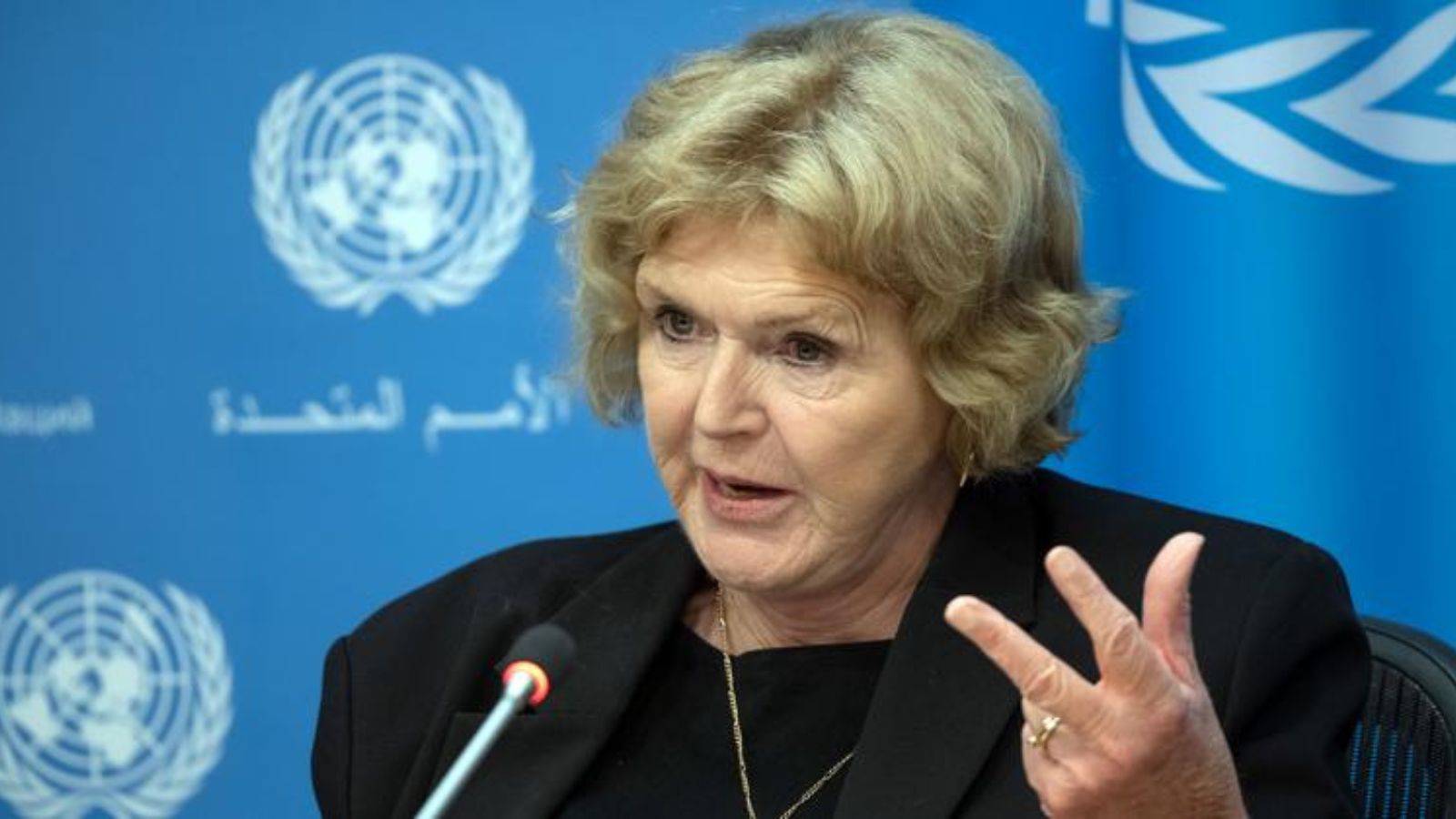The Special Rapporteur’s report focused on the contributions of human rights defenders addressing climate change and working to realise a just transition from fossil fuels, and the risks they face in carrying out this work.
In the face of an existential climate crisis with ongoing, devastating impacts for human rights, individuals, groups, communities and movements are urging States to take action to ensure that current and future generations can enjoy the promise of human rights for all. Yet, the Special Rapporteur noted that the dominant trend is towards ‘obstruction, repression and attacks against human rights defenders working on climate action’ to ‘safeguard private interests and protect the unjust, unsustainable economic status quo’.
In response to a call for inputs to the report earlier this year, ISHR made a submission, based on our experience working with environmental human rights defenders. This includes climate activists and in the development of the recent Declaration+25, an authoritative supplement to the UN Declaration on Human Rights Defenders based on international jurisprudence on the right to defend rights the evolutions of movements and activism as well as defenders’ lived experiences over the last 25 years since the original UN Declaration.
We are pleased to see several of our priorities reflected in this report, including our map collating domestic legal instruments on human rights defenders.
The Special Rapporteur’s report elaborates in detail global trends of human rights defenders working towards a just transition through their own practices and for holding States accountable for their obligations through strategic litigation and non-violent direct actions including protests, demonstrations, strikes, and civil disobedience. Examples of good practice by States and non-State actors in supporting their work are much fewer but discussed.
The bulk of the report titled ‘Backlash: obstruction, repression and legal sanctions’ discusses the concerning trends of retaliation against human rights defenders for their advocacy and actions. These include but are not limited to physical attacks, police violence, threats, intimidation and surveillance, repressive legislation, criminalisation, strategic lawsuits against public participation and exclusion from climate forums. Certain groups of defenders – women, Indigenous defenders and journalists face elevated risks.
The Special Rapporteur emphasises the relevance of the UN Declaration on human rights defenders in the legal framework on climate change and human rights, noting that it has been ‘largely ignored’.
During the presentation of the report, several States shared actions they are taking for the protection of human rights defenders and acknowledged the particular vulnerabilities and challenges of Indigenous defenders, women, journalists, and those in isolated communities. In response, the Special Rapporteur called out States for failing to put in place policies, laws, practices, procedures for implementation of protection of human rights defenders and ensuring accountability for attacks against them. She further urged States to see environmental defenders as allies in upholding their obligations under international law.
In her report, the Special Rapporteur recommends that States strengthen access to climate related information, cease stigmatisation of human rights defenders working on climate change and a just transition, prevent misuse of criminal and civil law against human rights defenders, and create safe conditions for human rights defenders and climate activists to operate without fear of retaliation.
She encourages governments to legislate on the right to a healthy environment, align assembly laws with the International Covenant on Civil and Political Rights, and collaborate with defenders to accelerate emissions reductions and ensure a just, rights-based transition. The Special Rapporteur also recommends that the United Nations Framework Convention on Climate Change secretariat guarantee transparency and the safe, effective participation of human rights defenders in all Conference of the Parties host country agreements.
Moreover, the report encourages States to create legislation obliging companies operating in high-risk sectors for human rights defenders to undertake human rights and environmental due diligence that includes:
(i) strong consultation obligations;
(ii) risk assessment for human rights defenders on a continual basis;
(iii) action to mitigate risks;
and (iv) accountability for acts and omissions by companies contributing to retaliation against human rights defenders.
Further, she implores investors, financiers, and companies to adopt and enforce zero-tolerance policies against retaliation targeting human rights defenders and the UN to monitor and report reprisals.
Presenting to the General Assembly for the final time in the mandate as Special Rapporteur on the Situation of Human Rights Defenders, Mary Lawlor stressed that ‘human rights and the people defending them need to be put at the center of policies and politics, both at home and abroad’.
We invite you to explore our submission as well as the report to learn how you can support the protection of environmental human rights defenders by accessing the full document here.




